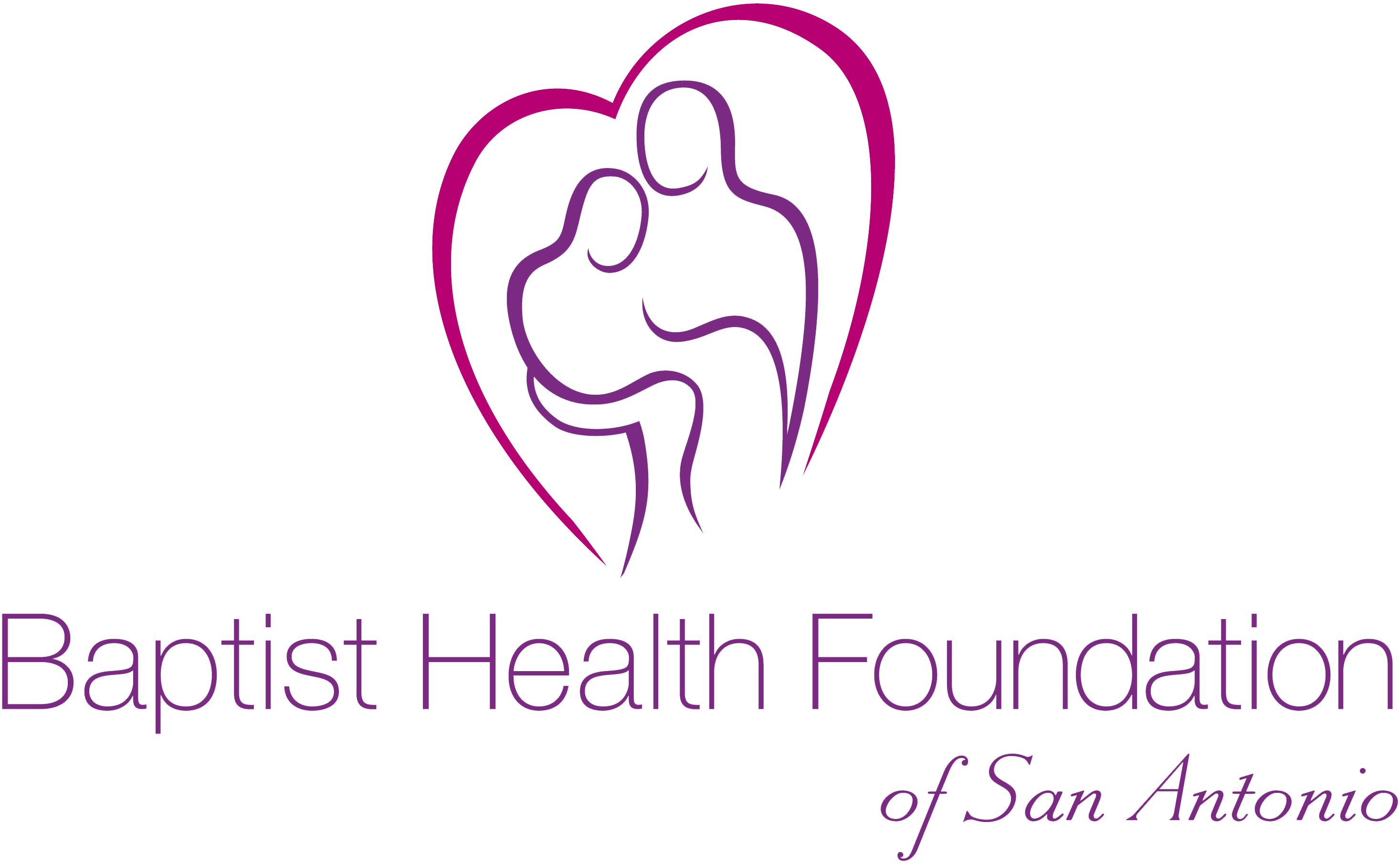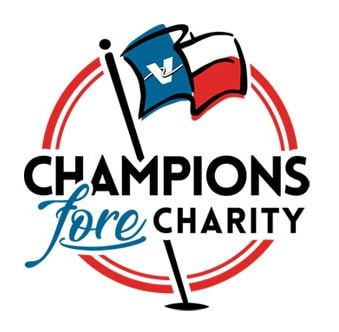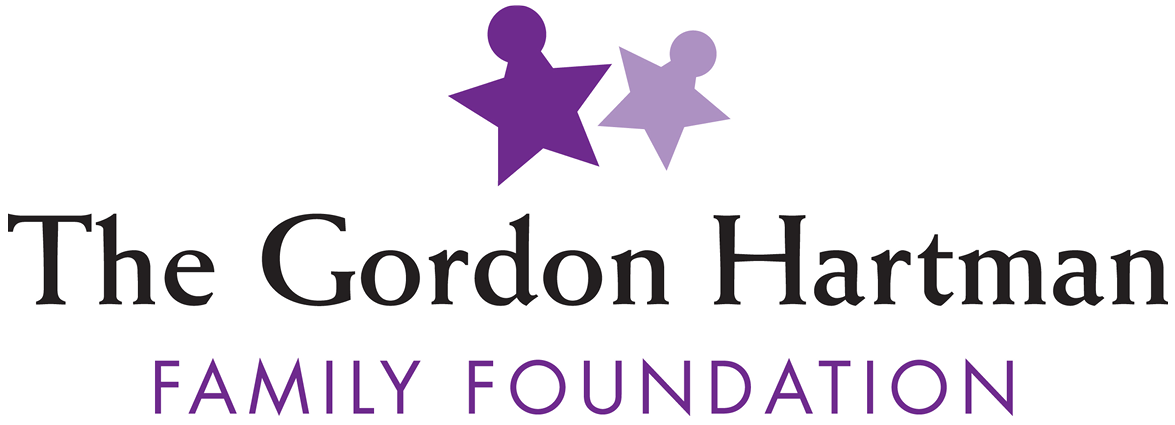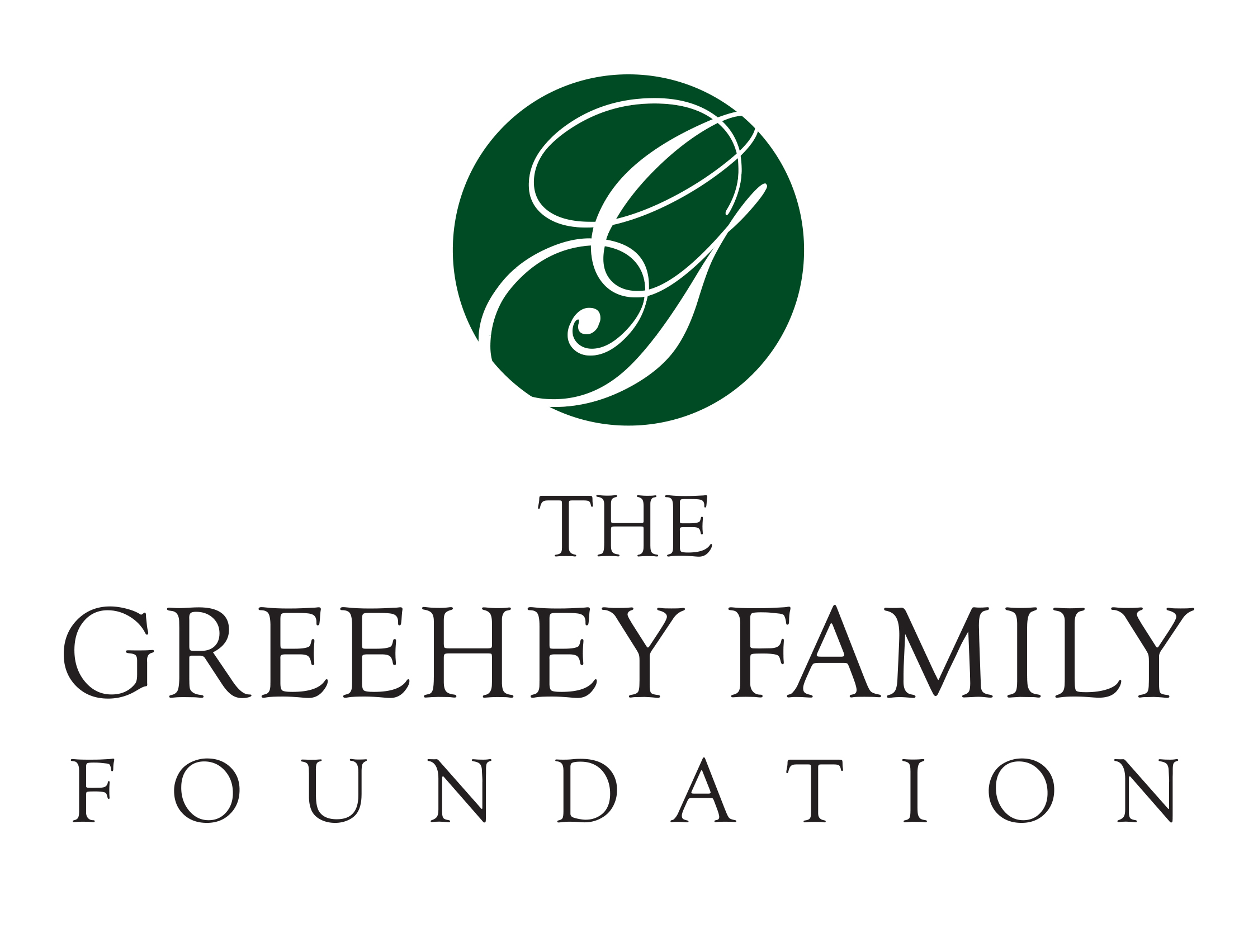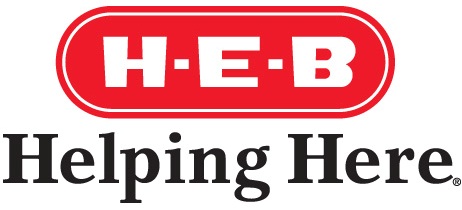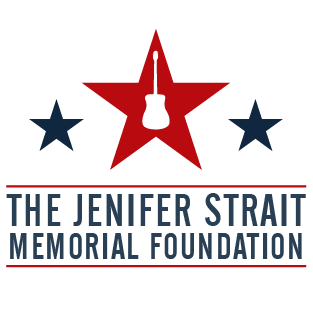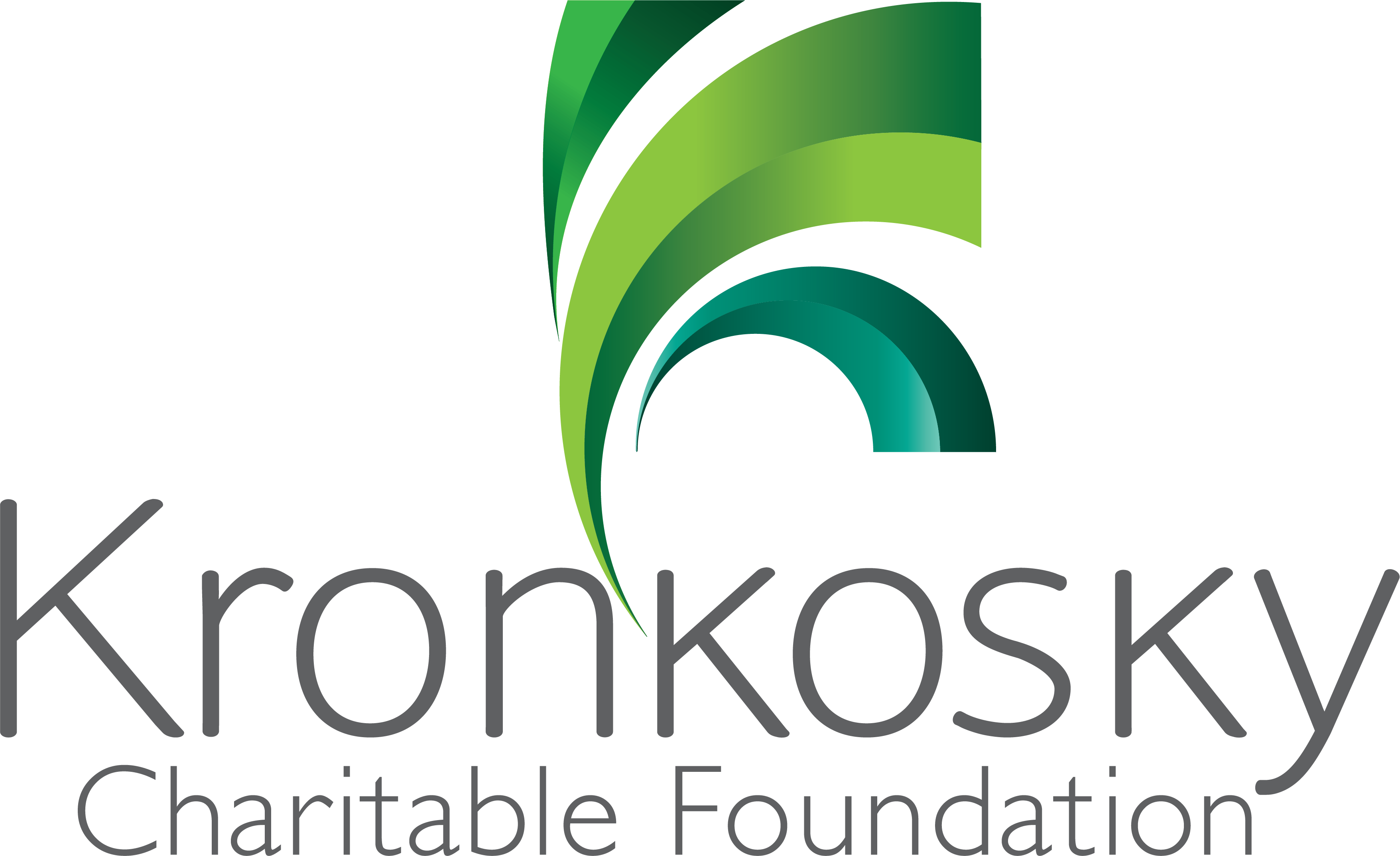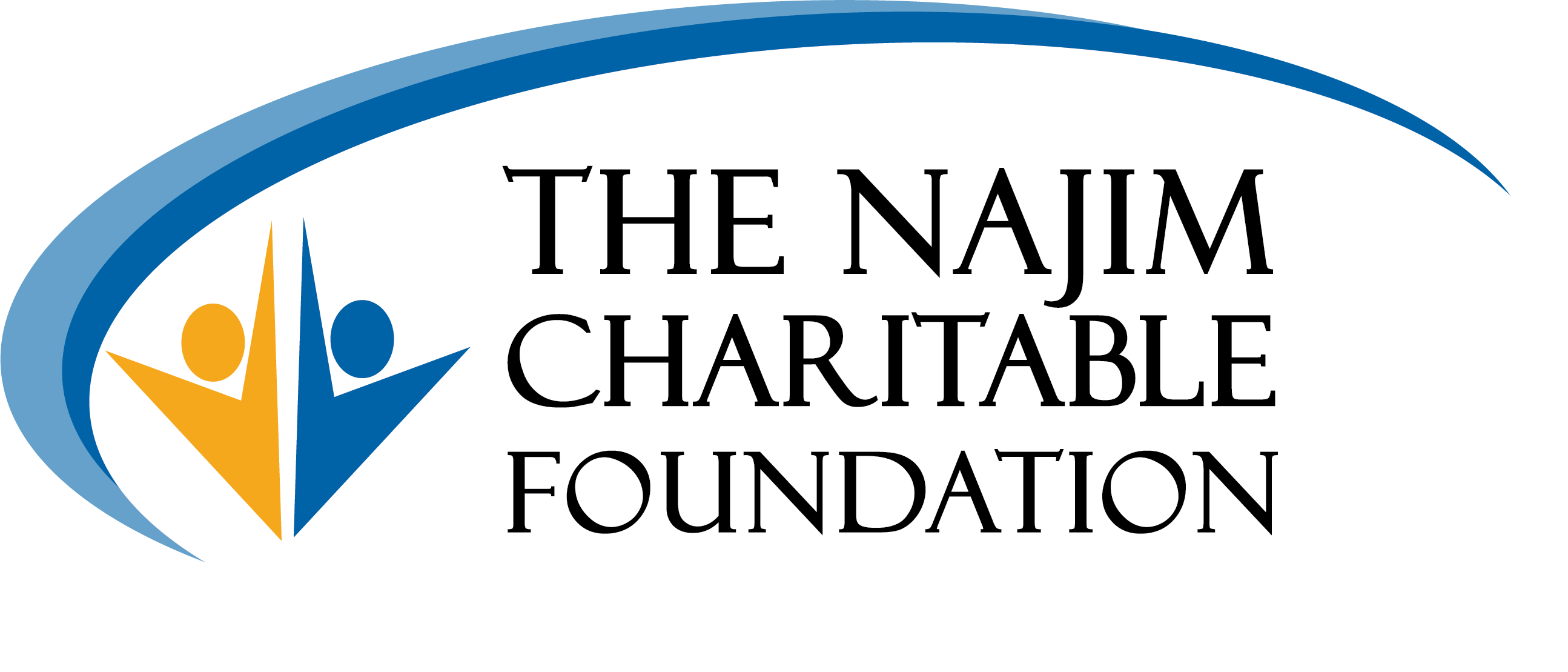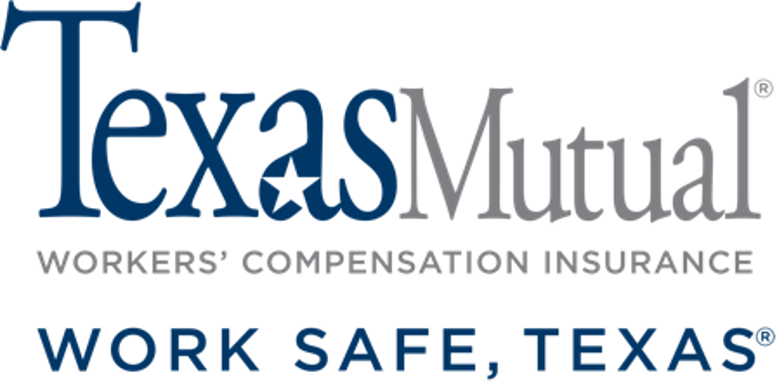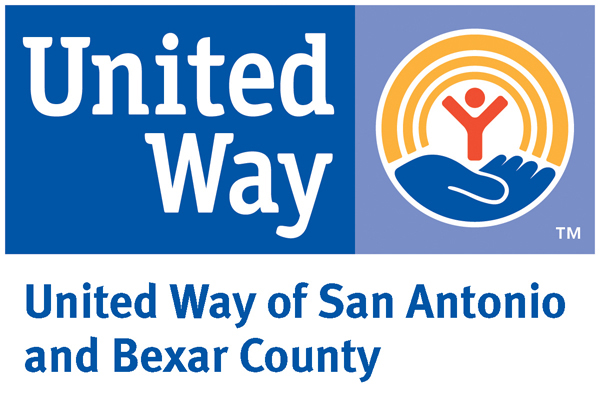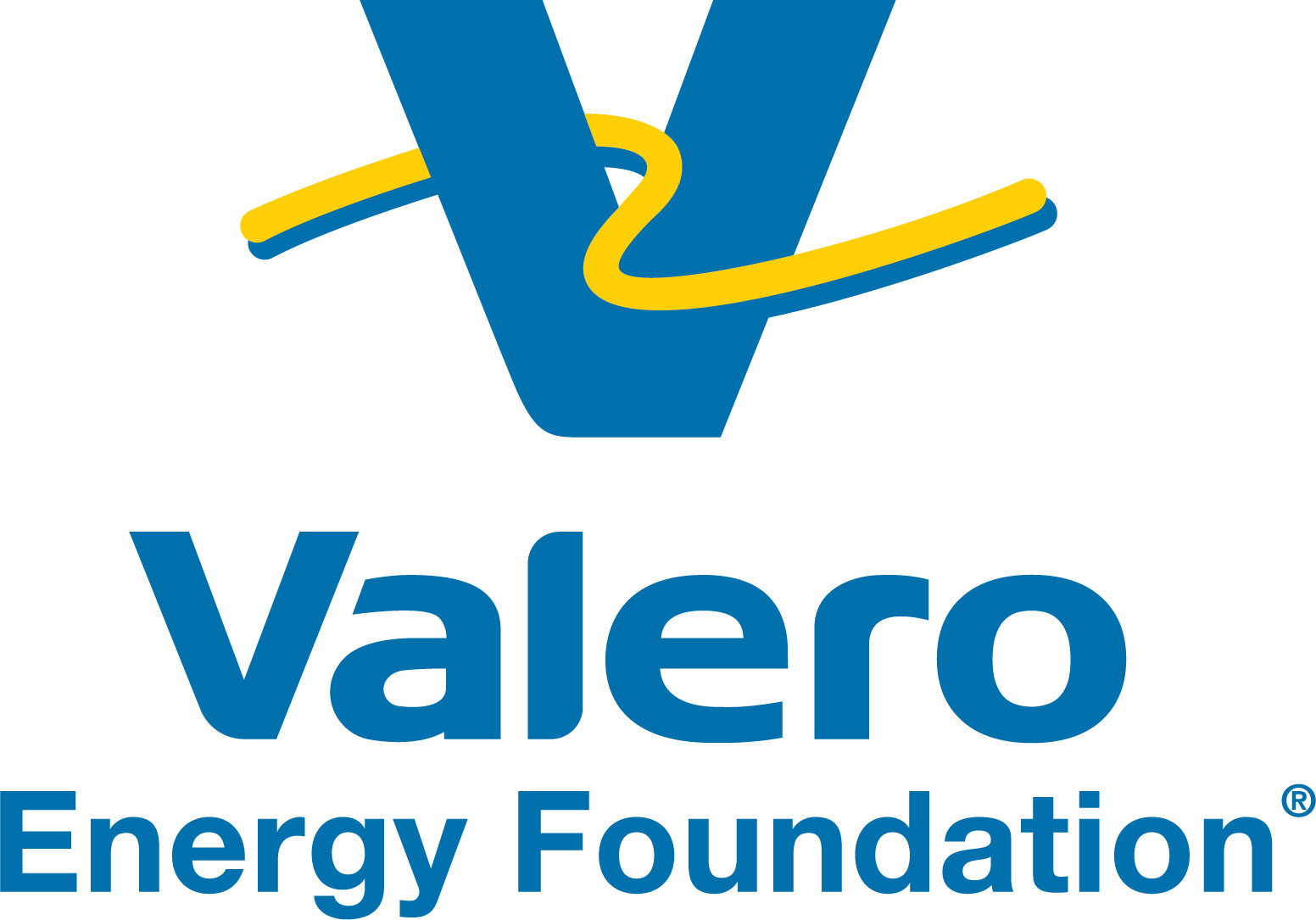-
What does Mission Road Ministries do?
Mission Road Ministries is a non-profit organization in San Antonio, Texas, that provides residential and non-residential services to children and adults with intellectual and other developmental disabilities. On a daily basis, Mission Road Ministries serves more than 650 individuals through various programs and services. Mission Road provides a unique continuum of care and is not an emergency shelter. From children as young as three years old to adults in their 80s, we offer a wide range of programs to serve individuals with IDD. Most of the elderly adults in our care have lived in a Mission Road residence for a large portion of their life.
-
How does Mission Road Ministries relate to Mission Road Developmental Center and Unicorn Centers?
Mission Road Ministries (MRM) is a non-profit, 501(c)(3) agency that is the umbrella organization for Mission Road Developmental Center (MRDC) and three semi-independent-living apartment complexes—Meadow Brook Apartments, Murray Manor Apartments, and Independence Square Apartments. In 2001, Unicorn Centers, Inc. merged with the Mission Road Ministries family of agencies. Founded in 1984, Unicorn Centers facilitated jobs and life skills for adults with IDD. In 2018, Unicorn Centers officially incorporated into MRDC allowing for better stewardship of funds and streamlined efficiency across the organization. MRM handles the administrative, financial, HR, and development duties for each of the organizations under its umbrella.
-
Is Mission Road Ministries a United Way agency?
Yes. Mission Road Ministries is a United Way agency. Mission Road became a United Way agency prior to 1976 when United Way was called “Community Chest.”
-
What does the Unicorn Centers do?
In 2001, Unicorn Centers, Inc. merged with the Mission Road Ministries family of agencies. Founded in 1984, Unicorn Centers facilitated jobs and life skills for adults with IDD. In 2018, Unicorn Centers officially incorporated into Mission Road Developmental Center allowing for better stewardship of funds and streamlined efficiency across the organization. MRDC’s Unicorn Centers campus is in central San Antonio near the medical center and is host to an adult day services program and our Community Employment & Job Coaching program offices.
-
What is the official AAIDD definition of intellectual and/or developmental disability?
An intellectual and/or developmental disability is characterized by significant limitations both in intellectual functioning and in adaptive behavior as expressed in conceptual, social, and practical adaptive skills. Disability originates before the age of 18. A complete and accurate understanding of intellectual and/or developmental disability involves realizing that this refers to a particular state of functioning that begins in childhood, has many dimensions, and is affected positively by individualized supports. As a model of functioning, it includes the contexts and environment within which a person functions and interacts. It requires a multidimensional and ecological approach that reflects the interaction of the individual with their environment, and the outcomes of that interaction with regard to independence, relationships, societal contributions, participation in school and community, and personal well-being.
-
Where can I find detailed information about the AAIDD definition of intellectual developmental disability?
The newly released journals are available on the AAIDD website.
-
Has AAIDD always had the same definition of intellectual and/or developmental disability?
No. AAIDD has updated the definition multiple times since 1908. Changes in the definition have occurred when there is new information, or there are changes in clinical practice or breakthroughs in scientific research.
-
What are the causes of an intellectual and/or developmental disability?
The causes of an intellectual and/or developmental disability can be divided into biomedical, social, behavioral, and educational risk factors that interact during the life of an individual and/or across generations from parent to child. Biomedical factors are related to biological processes, such as genetic disorders or nutrition. Social factors are related to social and family interaction, such as child stimulation and adult responsiveness. Behavioral factors are related to harmful behaviors, such as maternal substance abuse. Educational factors are related to the availability of family and educational supports that promote mental and adaptive skills development. Also, factors present in one generation can influence the outcomes of the next generation. By understanding inter-generational causes, appropriate supports can be used to prevent and reverse the effects of risk factors.
-
What factors must be considered when determining if a person has an intellectual and/or developmental disabilities and developing an individualized support plan?
When using the AAIDD definition and classification, support professionals, and other members of an individual’s support team, these factors will be considered:
- Evaluation of limitations in present functioning within the context of the individual’s age peers and culture;
- Accounting for the individual’s cultural and linguistic differences as well as communication, sensory, motor, and behavioral factors;
- Recognizing that an individual’s limitations often coexist with strengths;
- Description of limitations so that an individualized plan of needed supports can be developed; and
- Provision of appropriate personalized supports to improve the functioning of a person with an intellectual and/or developmental disability.
-
What is intelligence?
Intelligence refers to general mental capability. It involves the ability to reason, plan, solve problems, think abstractly, comprehend complex ideas, learn quickly, and learn from experience. Although not perfect, intelligence is represented by Intelligent Quotient (IQ) scores obtained from standardized tests given by a trained professional. An intellectual and/or developmental disability is generally thought to be present if an individual has an IQ score of approximately 70 or below. An IQ score must always be considered in light of its standard error of measurement, appropriateness, and consistency with administration guidelines. Since the standard error of measurement for most IQ tests is approximately 5, the ceiling may go up to 75. This represents a score approximately 2 standard deviations below the mean, considering the standard error of measurement. It is important to remember, however, that an IQ score is only one aspect of determining if a person has an intellectual disability. Significant limitations in adaptive behavior skills and evidence that the disability was present before age 18 are two additional elements that are critical in determining if a person has an intellectual and/or developmental disability.
-
What is adaptive behavior?
Adaptive behavior is the collection of conceptual, social, and practical skills that people have learned to function in their everyday lives. Significant limitations in adaptive behavior impact a person’s daily life and affect their ability to respond to a particular situation or the environment. Limitations in adaptive behavior can be determined by using standardized tests that are formed on the general population including people with disabilities and people without disabilities. On these standardized measures, significant limitations in adaptive behavior are operationally defined as performance that is at least two standard deviations below the mean of either (a) one of the following three types of adaptive behavior: conceptual, social, or practical, or (b) an overall score on a standardized measure of conceptual, social, and practical skills.
-
What are some specific examples of adaptive behavior skills?
Conceptual Skills:
Receptive and expressive language
Reading and writing
Money concepts
Self-directionSocial Skills:
Interpersonal
Responsibility
Self-esteem
Gullibility
Naiveté
Following rules
Obeying laws
Avoiding victimizationPractical Skills
Personal activities of daily living such as eating, dressing, mobility, and toileting. Instrumental activities of daily living such as preparing meals, taking medication, using the telephone, managing money, using transportation, housekeeping, occupational skills, and maintaining a safe environment.
-
What are supports?
The concept of supports revolutionized the way habilitation and education services are provided to persons with an intellectual and/or developmental disability. Rather than mold individuals into pre-existing diagnostic categories and force them into existing models of service, the supports approach evaluates the specific needs of individuals and then suggests strategies, services, and supports that will optimize individuals’ functioning. The supports approach also recognizes that individual needs and circumstances will change over time. Supports were an innovative aspect of the 1992 AAIDD manual and remain critical in the current system. They have been dramatically expanded and improved to reflect significant progress over the last few decades. Supports are defined as the resources and individual strategies necessary to promote the development, education, interests, and personal well-being of a person with an intellectual and/or developmental disability. Supports can be provided by a parent, friend, teacher, psychologist, doctor, or by an appropriate person or agency.
-
Why are supports important?
Providing individualized supports can improve personal functioning, promote self-determination and societal inclusion, and improve the personal well-being of people with IDD. Focusing on supports as the way to improve education, employment, recreation, and living environments is an important part of person-centered approaches to providing supports to people with IDD.
-
How do you determine what supports are needed?
AAIDD recommends that an individual’s need for support be analyzed in at least nine key areas such as human development, teaching and education, home living, community living, employment, health and safety, behavior, social, and protection and advocacy.
-
What are some specific examples of supports areas and supports activities?
Development Activities
- Providing physical development opportunities that include eye-hand coordination, fine motor skills, and gross motor activities
- Providing cognitive development opportunities such as using words and images to represent the world and reasoning logically about concrete events
- Providing social and emotional developmental activities to foster trust, autonomy, and initiative
Teaching and Education Activities
- Interacting with trainers and teachers and fellow trainees and students
- Participating in making decisions on training and educational activities
- Learning and using problem-solving strategies
- Using technology for learning
- Learning and using functional academics (reading signs, counting change, etc.)
- Learning and using self-determination skills
Home Living Activities
- Using the restroom/toilet
- Laundering and taking care of clothes
- Preparing and eating food
- Housekeeping and cleaning
- Dressing
- Bathing and taking care of personal hygiene and grooming needs
- Operating home appliances and technology
- Participating in leisure activities within the home
Community Living Activities
- Using transportation
- Participating in recreation and leisure activities
- Going to visit friends and family
- Shopping and purchasing goods
- Interacting with community members
- Using public buildings and settings
Employment Activities
- Learning and using specific job skills
- Interacting with co-workers
- Interacting with supervisors
- Completing work-related tasks with speed and quality
- Changing job assignments
- Accessing and obtaining crisis intervention and assistance
Health and Safety Activities
- Accessing and obtaining therapy services
- Taking medication
- Avoiding health and safety hazards
- Communicating with healthcare providers
- Accessing emergency services
- Maintaining a nutritious diet
- Maintaining physical health
- Maintaining mental health/emotional well-being
Behavioral Activities
- Learning specific skills or behaviors
- Learning and making appropriate decisions
- Accessing and obtaining mental health treatments
- Accessing and obtaining substance abuse treatments
- Incorporating personal preferences into daily activities
- Maintaining socially appropriate behavior in public
- Controlling anger and aggression
Social Activities
- Socializing within the family
- Participating in recreation and leisure activities
- Making appropriate sexual decisions
- Socializing outside the family
- Making and keeping friends
- Communicating with others about personal needs
- Engaging in loving and intimate relationships
- Offering assistance and assisting others
Protection and Advocacy Activities
- Advocating for self and others
- Managing money and personal finances
- Protecting self from exploitation
- Exercising legal rights and responsibilities
- Belonging to and participating in self-advocacy/support organizations
- Obtaining legal services
- Using banks and cashing checks
-
MRDC has earned Praesidium Certification. Why is this important?
Abuse Prevention – Now more than ever families, communities, regulators, carriers, and supporters are asking important questions. Our greatest responsibility and priority is to keep the people we serve safe. Any form of harm, risk, or vulnerability is unacceptable. We are dedicated to providing a safe environment managed and provided by well-trained, caring, and thoughtful people. As of January 2022, we are proud to have earned – again- Praesidium Accreditation.
Praesidium Accreditation publicly demonstrates an organization’s commitment to safety and adherence to the highest standards in abuse prevention. Praesidium Accreditation demonstrates that an organization meets the highest standards in abuse prevention.
Learn more at Praesidium.
-
What is ISS?
ISS stands for Individualized Skills & Socialization. Effective March 1st, 2023 the term “Day Hab” has been replaced with “ISS”. Under ISS, adults are able to have a more person-centered program that is unique to the individual. ISS is made up of on-site activities and off-site activities. This newly licensed program is meant to have our individuals more community integrated and geared towards community inclusion.
-
What funding do you accept for the ISS Program?
While the ISS services program is funded by the Medicaid waiver programs of HCS/TxHmLv and DBMD, we do accept individuals funded through CLASS, ICF, GR, and private pay. Please note we do not accept Medicaid such as Molina, Star Plus or other HMOs.
-
How will the off-site activities work?
Both ISS Programs will provide a mix of free and affordable activities. Unicorn Center will provide a calendar two weeks in advance, allowing your individual to sign up for the off-site activities. The calendar will show which activity costs money and the amount for that specific activity.
-
Will my individual have to go on outings?
No. It is up to the individual/ guardian to decide if they would like to attend the off-site activities.
-
What does on-site activities mean? What does off-site activities mean?
On-site activities are activities that are happening on campus. This could be playing basketball on our sports court, learning new skills through the use of our Smart Boards, financial literacy, culinary classes, completing care packages for the underserved in our community and much more! Off-site activities are activities happening out in the community. This could be going to HEB, bowling, the movies, the library, and more!
-
What are “Off-Site Ratios”?
HHSC has implemented off-site ratios for safer community involvement and interaction. The ratios vary depending on the individual’s level of need. If an individual has a level of need of 1 or 5, the ratio is 1 staff member for 8 individuals. If the individual has a level of need of 6 or 8, then the staffing ratio is 1 staff member per 2 individuals.
-
My individual misses having a paycheck…is there anything I can do?
Yes! Please reach out to Elisa Ibarra our Director of Supported Employment in order to explore personal and unique employment opportunities.
-
My individual was in the sheltered workshop, what would he/she do now?
The ISS program is for everyone! Unicorn Center is offering enhanced on-site activities as well as off-site community activities. Our individuals have access to a gym area, outside half court, sensory corner, a kitchen, music classes, simulated life skills area, and to participate in meaningful volunteer opportunities. Unicorn Center is also community integrated. Our individuals have the option of going all over San Antonio and we’d love to hear your suggestions!
Mission Road Ministries
Search Bar
Menu

 Abuse Prevention – Now more than ever families, communities, regulators, carriers, and supporters are asking important questions. Our greatest responsibility and priority is to keep the people we serve safe. Any form of harm, risk, or vulnerability is unacceptable. We are dedicated to providing a safe environment managed and provided by well-trained, caring, and thoughtful people. As of January 2022, we are proud to have earned – again- Praesidium Accreditation.
Abuse Prevention – Now more than ever families, communities, regulators, carriers, and supporters are asking important questions. Our greatest responsibility and priority is to keep the people we serve safe. Any form of harm, risk, or vulnerability is unacceptable. We are dedicated to providing a safe environment managed and provided by well-trained, caring, and thoughtful people. As of January 2022, we are proud to have earned – again- Praesidium Accreditation.